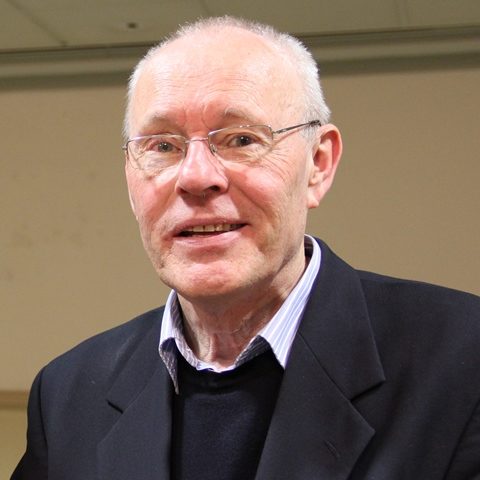I use the word “conversation” with a quite specific meaning here. That meaning is derived from the word’s etymology, which it shares with two Latin words, conversari, meaning “to dwell,” “to keep company with” or “to abide,” and convertere, meaning “to change,” “to convert,” “to alter,” “to refresh” or “to turn.”
The first of these two movements – the conversari – is a movement to face the other. I make a choice to be with you in some positive and creative way. The second – convertere – is a movement to face myself. I open myself to discovery and change in and through this encounter.
Conversation comes as gift rather than achievement. The participants’ contribution – their work – is by way of facilitation.
Conversation in any human organization is the equivalent of the canary in the mine. A healthy culture of conversation is a sign of a healthy human organization. Lack of a culture of conversation is a sign of a human organization that is at best under-performing and at worst in trouble.
Some people are unwilling to engage in conversation. Some are unable to engage in conversation.
Promote conversation and avoid argumentation. One effect of rationalism is the assumption that someone is “right” and someone is “wrong”. It easily slips into an adversarial way of engaging the other because of this – the assumption generally being that I am “right” and you are “wrong”. Conversation makes no assumptions about who is “right” and who is “wrong”. It is prepared to face the other, in respect and courtesy, with the expectation that the other is a bona fide companion in the search for truth and goodness. We could sum it up in the following way:
In conversation I am seeking to be changed for the better.
I meet you beyond me, you meet me beyond you.
I listen to you.
I listen to myself.
I listen for the Other with us.
I leave you the better for having been with you.
I am grateful.
